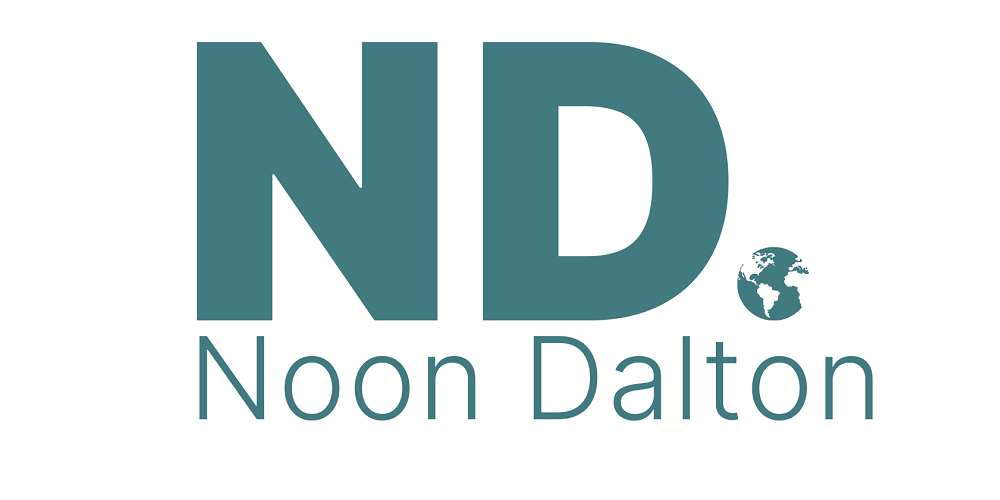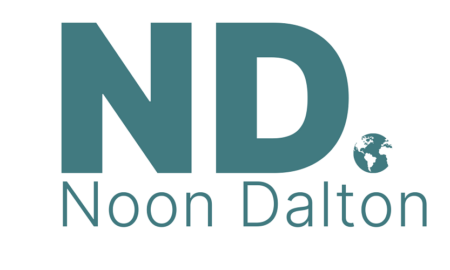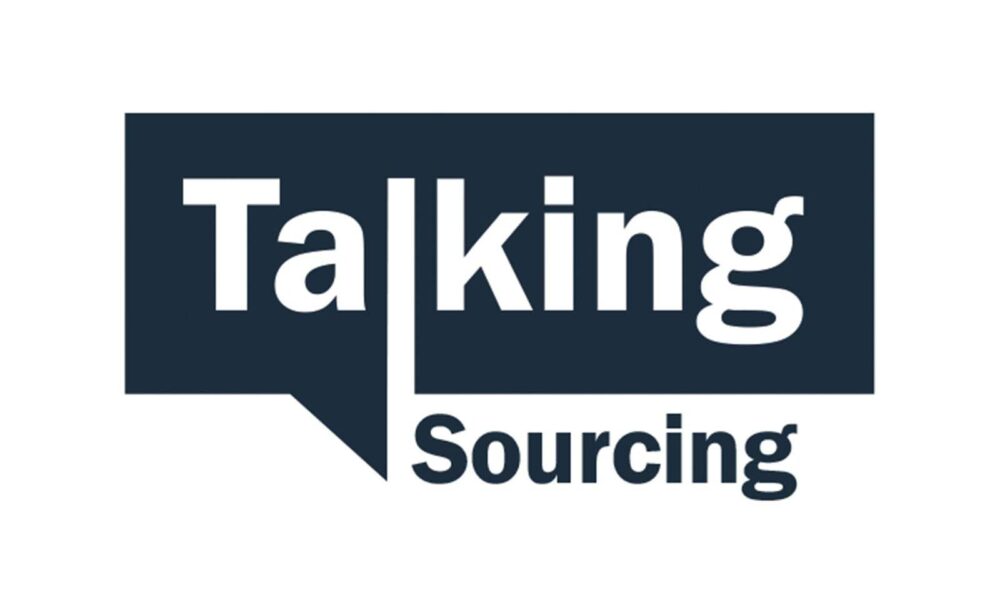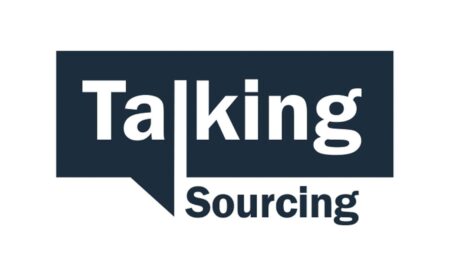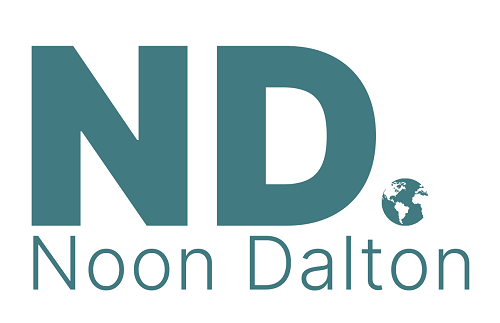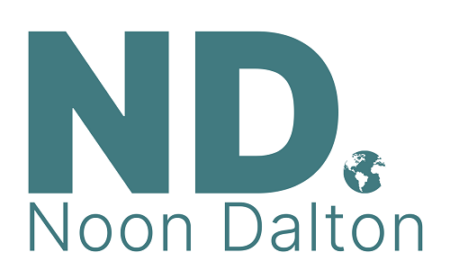The trend toward consolidation in the CX outsourcing space has taken on a frenetic pace of late. With more action over the past several weeks than any other time in recent memory, outsourcers have a growing sense of urgency that it is time to start targeting potential buys, or risk becoming a target themselves. Moving into H2, there will likely be more mergers and acquisitions. Whether it be smaller firms aiming to grow via buyouts, or larger players looking to forge mega deals, the impact of this trend will be felt by both competitors and enterprise CX clients. This is why BPOs seeking to shore up their market positioning should start shopping now, without losing sight of what value a potential buy brings to the organization.
CX industry watchers have observed with great interest consolidation in the form of the deals announced over the past several weeks. Notably, RAYA Contact Center’s acquisition of 85% of Gulf CX was finalized earlier this month. And this came alongside the announcement that global provider Webhelp would be acquiring home-grown American nearshore CX powerhouse OneLink. In terms of mega deals, Sitel’s plan to buy fellow global provider Sykes is by far one of the biggest in the CX sector for years. And, not to be outdone, only a few days ago itel unveiled that it has bought Emerge BPO.
In each of these cases, there are specific net benefits associated with the deal. RAYA has cemented its competitive positioning in the lucrative Gulf States consumer market. For Webhelp, absorbing OneLink offers entry into the American nearshore, a region where its presence was previously minimal. With its purchase of Sykes, Sitel now elevates itself to a revenue level and a scale of global operations that few competitors can match. In the case of itel, the acquisition of Emerge BPO re-enforces its work-at-home network as well as delivery from Honduras, one of the most bilingual countries in Central America, and Guyana, a heavily favored destination in the English-speaking nearshore.
But the question needs to be asked about this consolidation activity, Why now? After all, the world has just gone through one of the most uncertain periods in modern history, and to many it may seem counter-intuitive to buy market share just as the light at the end of the tunnel is beginning to appear. However, despite concerns about the spread of different COVID variants, the green shoots of economic recovery are pervasive. Consumer activity and confidence are rising in many countries, and with this comes forecasts for a strong rebound. Now is the time for forward-looking CX providers to secure their positioning.
This also means the heat is on for outsourcers that have been looking to make an acquisition but that have yet to act. For some executives, there may be an urge to purchase a competitor simply to shore up a position. However, this would be a mistake. Rather, smart counsel would be to take a long view of what a prospective acquisition would bring the buying party in terms of complementary services/functions/delivery points or new revenue segments. Long-term value should drive buying decisions to ensure maximum benefit for the acquirer and the enterprise clients that will be serviced by a larger BPO entity. But, due diligence must be thorough and swift.
Moving into H2 2021, there is little doubt that M&A will take on new levels of urgency in the BPO community. Likely what is available today will be significantly more affordable and of higher quality than what will be on the market 18 months from now. 2021’s long hot summer could be a cruel one for those that don’t start their acquisition planning sooner rather than later.




